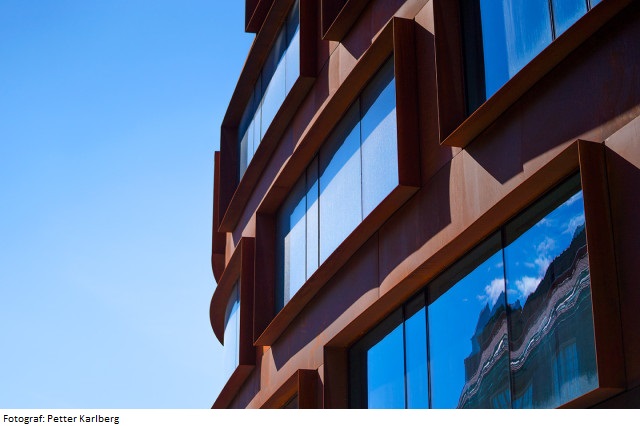During this project the students will explore the notion of the sustainable city in relation to the context of the present 21st century global cities. Our present knowledge, experience and notions of urban design will be tested and challenged in respect to the dynamic and fast changing urban environment. The comparasion between global vs swedish context will be emphasized in terms of changing economies,
new technologies, urban form and dynamic between global and local culture.
In this course the students will learn to test and implement the knowledge and tools gained in the previous courses to develop proposals for sustainable urban space at a more advanced level. A particular project site will be chosen for the development of the design proposals. Students will test their proposals at various scales: neighborhood, local, regional and global.
Sustainable city
Overall goals
The project is part of the Urban Studio.
Studio Description: This studio discusses sustainable urban development in terms of globalization, climate changes, mega cities and urban strategies - transformed into new typologies and innovative urban design.
2. The course/project goal is to increase the student's knowledge in this area/field and skills/knowledge in the field of architecture in general. The students will enter the project with varying degrees of knowledge/skills and will subsequently end up at different levels at the end of the course/project.
3. The individual student must show an increase in the particular skills/knowledge offered in the studio and in the field of architecture in general.
Kursmål - Course goals
At the end of the course the students should:
-Have developed an advanced work methodology and design skills that would enable them to develope project proposals at high level of complexity.
-Have learned the principles of sustainable urban design that integrate and manage various aspects of urban complexity. Such as, methods for planning and organization of urban built form, infrastructure and transportation systems, management of natural resources, quality of public space, latest technologies.
-Have gained the ability to clearly present and formulate the urban design proposals at various scales through drawings, 3D and physical models, text and analytical diagrams.
Produce and hand in a ‘Thesis Preparation Booklet’ including a thesis question with a clear focus, describing the architectural context (references) of the thesis topic and an architectural design research on a specific subject the students want to pursue further.
